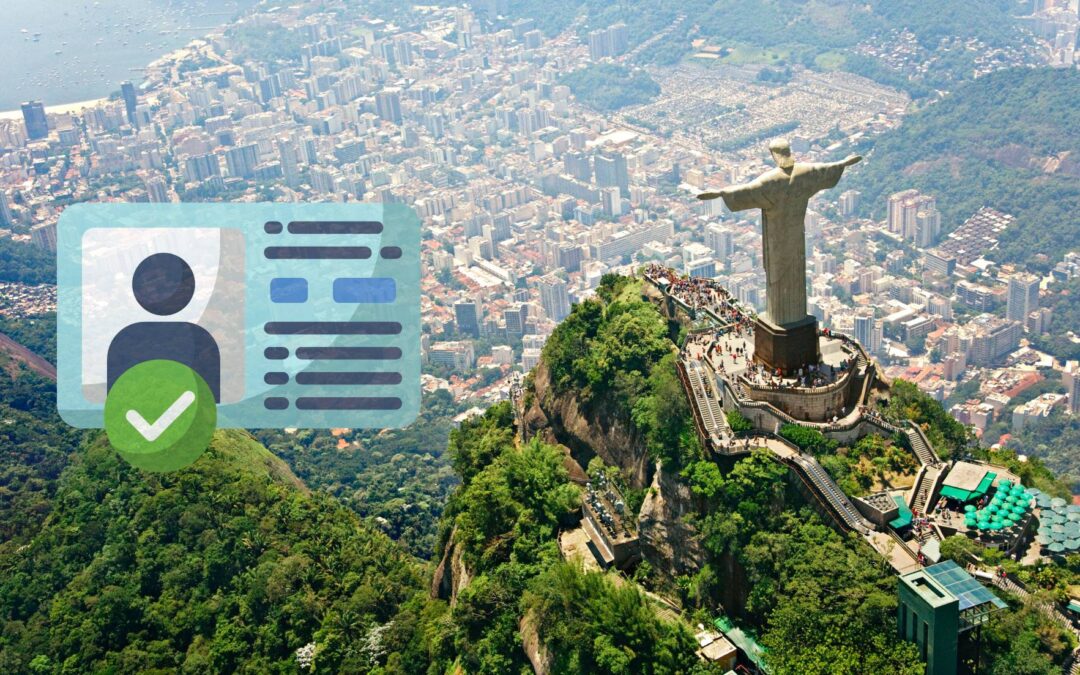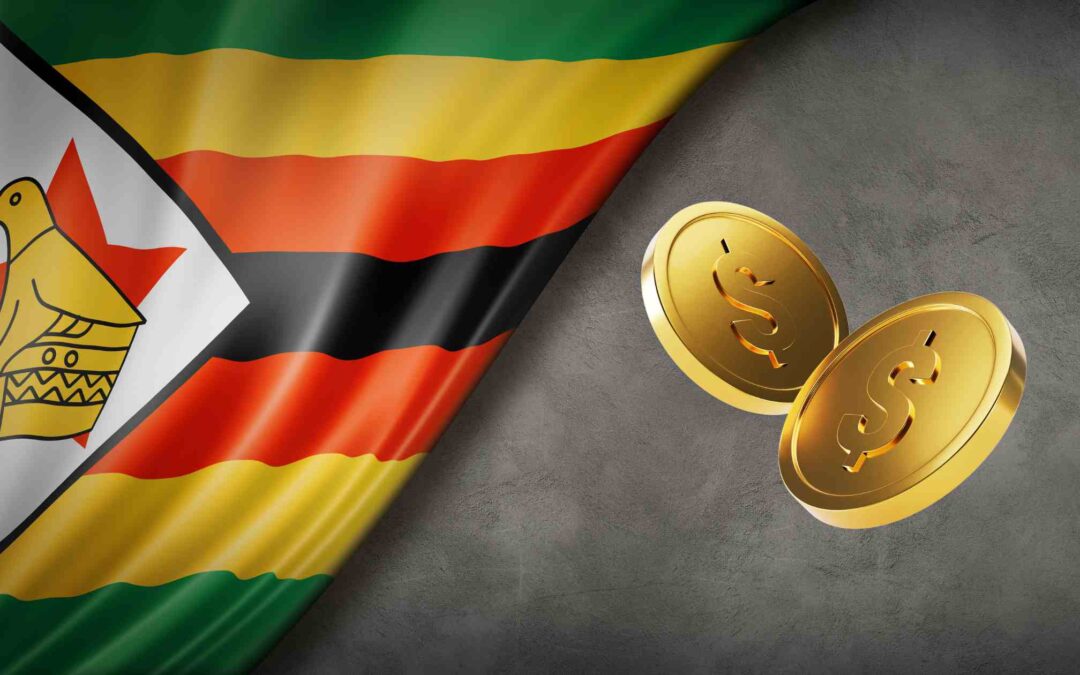
Latin America Embraces Blockchain for Digital IDs
Buenos Aires plans to issue blockchain-based identity documents, including birth and marriage certificates, while Brazil aims to make its new blockchain-powered national ID program available across the country. Both initiatives signify a major leap in government services and personal data security.
More than 214 million people in Brazil are about to start using blockchain technology for their digital IDs, according to a recent announcement by the government. The states of Rio de Janeiro, Goiás, and Paraná will be the first to start rolling out these blockchain-based identification documents.
They’re using a special, secure system created by Serpro, Brazil’s national data service. The plan is to have this technology available across the entire country by November 6, 2023.
Alexandre Amorim, the head of Serpro, explained that blockchain was chosen for this project because it’s a secure and decentralised way to manage digital IDs.
Blockchain technology is key in making personal data more secure and in reducing fraud, creating a safer digital environment for people in Brazil.
The use of the b-Cadastros blockchain platform improves the safety and trustworthiness of the National Identity Card project.
According to the government, this project is important for tackling organised crime and encouraging different parts of the government to collaborate. It also makes it easier for people to get government services and helps simplify record-keeping.
In recent years, Brazil has been trying to standardise the way IDs are issued across its nearly 30 states. This new technology will help safely share data between the Federal Revenue Agency and other government departments, as stated in the announcement.
Another big change happening in the country is the introduction of a new digital currency by the central bank.
The government recently shared more details about this project in August and has renamed the digital currency to “Drex.”
Past reports suggest that the central bank aims to make it easier for businesses to get funding through a special system linked to Drex. A local developer found that the code for Drex allows a central body to either freeze money or lower account balances.
Notably, Buenos Aires in Argentina has announced a similar plan that lets people get their identity documents through a digital wallet.
Blockchain-based in Buenos Aires, Argentina
Buenos Aires, Argentina’s capital, is also taking a big step to include blockchain technology in its administrative processes.
Starting in October, people living in the city will be able to get their identification documents through a digital wallet, as revealed in a September 28 announcement.
Initially, you’ll be able to get documents like birth and marriage certificates, proof of income, and school records on this blockchain system. The plan also includes adding health records and payment information down the line.
The city aims to have a detailed plan for expanding this blockchain service throughout the country by the end of 2023.
The technology backbone of this project comes from QuarkID, which is a digital identity system created by the Web3 company Extrimian.
QuarkID wallets use zkSync Era, a special feature built on the Ethereum network that helps it run more efficiently. This feature uses something called zero-knowledge rollups, which lets one person show another that something is true without having to share any detailed information about what that ‘something’ is.
“This marks a huge leap forward in making government services in Latin America safer and more efficient,” said Guillermo Villanueva, the CEO of Extrimian.
The information in these digital wallets will be controlled by the individual, meaning people can decide how and when to share their credentials, whether it’s with the government, businesses, or other people. zkSync Era will serve as the foundation for QuarkID, making sure everyone’s credentials are accurate and secure.
Diego Fernandez, who leads innovation for Buenos Aires, added, “This makes Buenos Aires the first city in Latin America, and among the first globally, to adopt and champion this new technology. We’re setting an example for how other countries in the region can use blockchain technology for the good of their citizens.”
Officials in Argentina are looking into another digital ID project called Worldcoin. In August, they revealed that they’re examining potential privacy issues tied to how Worldcoin gathers, stores, and uses people’s information. The project is also facing questions in Europe and Africa since it went global in July. Created by Sam Altman, who is also a co-founder of OpenAI, Worldcoin uses eye scans to confirm the identity of its users.

